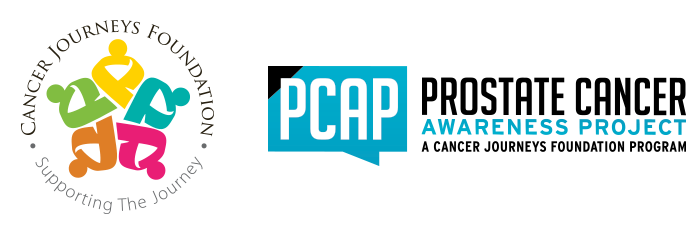The 7 Deadly Emotions of Care Giving

Courtesy Caring.com
Robert Warren Hess
I’ve now gone through the process of losing four members of my family to cancer. My last experience was with my favorite aunt, who passed away from melanoma after a lengthy period of illness.
My aunt lived in the Shenandoah valley of Virginia while I live in Los Angeles. So, the caregiving burden fell to my younger sister. This caregiving period lasted just over 3 years, and it was a highly emotional event for my sister, and we had many telephone conversations over that time.
The excellent article below by Paula Spencer Scott talks about the emotions that inevitably come and some suggestions on how to deal with them. These are great insights and I hope they help you as much as they helped my sister and me.
The 7 Deadly Emotions of Care Giving
by Paula Spencer Scott
Nobody would ever choose a smiley face as the perfect symbolic emoticon for a caregiver. Caregiving for an ailing loved one is just too stressful — often triggering damaging emotions that can not only undermine your good work but harm your health, as well. Here’s how to cope:
Caregiver Emotion Trap #1: Guilt
Guilt is virtually unavoidable as you try to “do it all.”
What causes guilt: Guilt stems from doing or saying what you believe is the wrong thing, not doing what you perceive to be enough, or otherwise not behaving in the “right” way, whether or not your perceptions are accurate. Caregivers often burden themselves with a long list of self-imposed “oughts,” “shoulds,” and “musts.” A few examples: I must avoid putting Mom in a nursing home. I ought to visit every day. I shouldn’t lose my temper with someone who has dementia.
Risks of guilt: Caregiver guilt is an especially corrosive emotion because you’re beating yourself up over faults that are imagined, unavoidable — or simply human. That’s counterproductive at a time when you need to be your own best advocate.
What you can do: Lower your standards from ideal to real; aim for a B+ in the many aspects of your life rather than an across-the-board A+. When guilt nags, ask yourself what’s triggering it: A rigid “ought”? An unrealistic belief about your abilities? Above all, recognize that guilt is virtually unavoidable. Because your intentions are good but your time, resources, and skills are limited, you’re just plain going to feel guilty sometimes — so try to get comfortable with that gap between perfection and reality instead of beating yourself up over it.
Read more . . .



